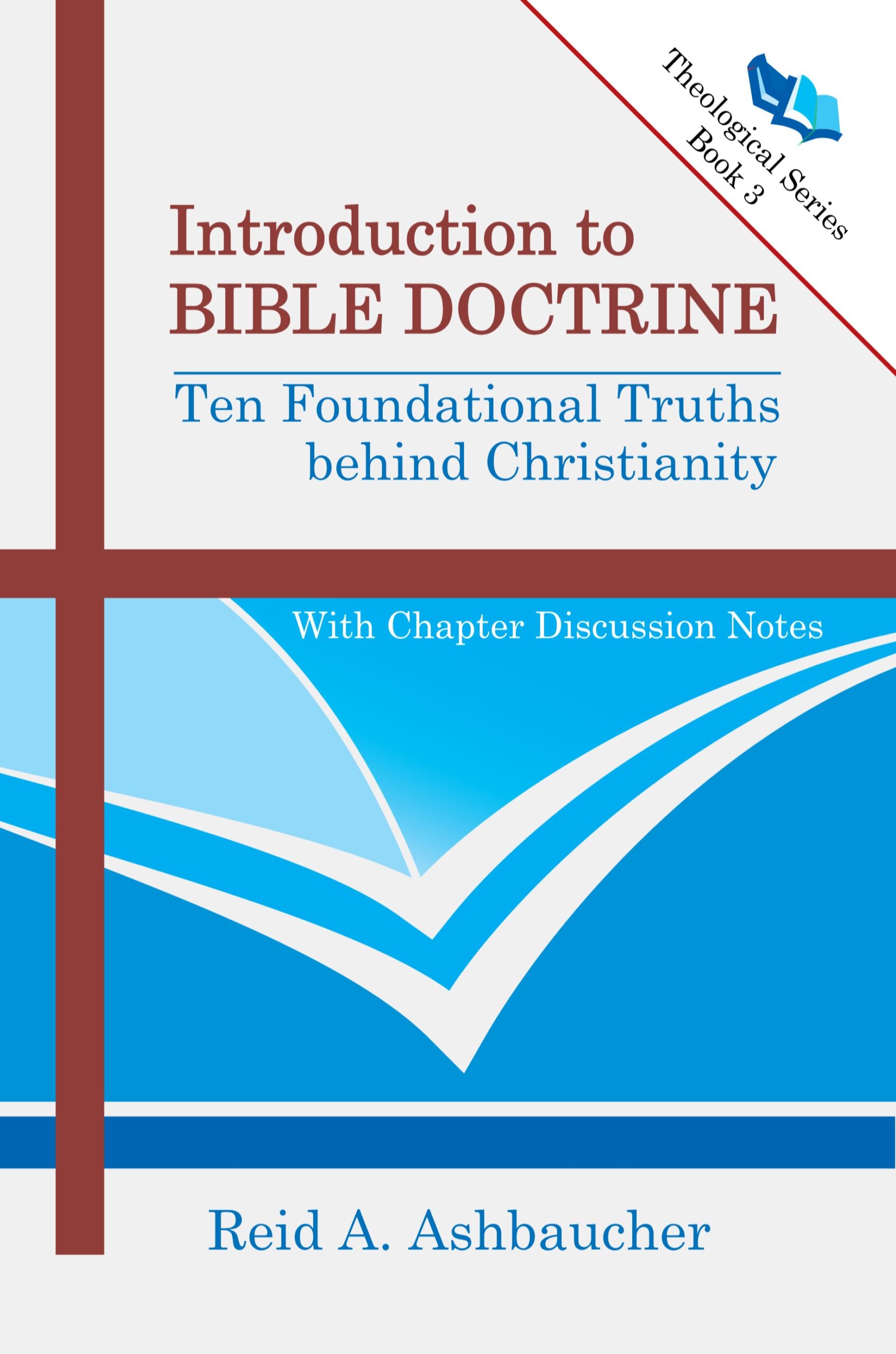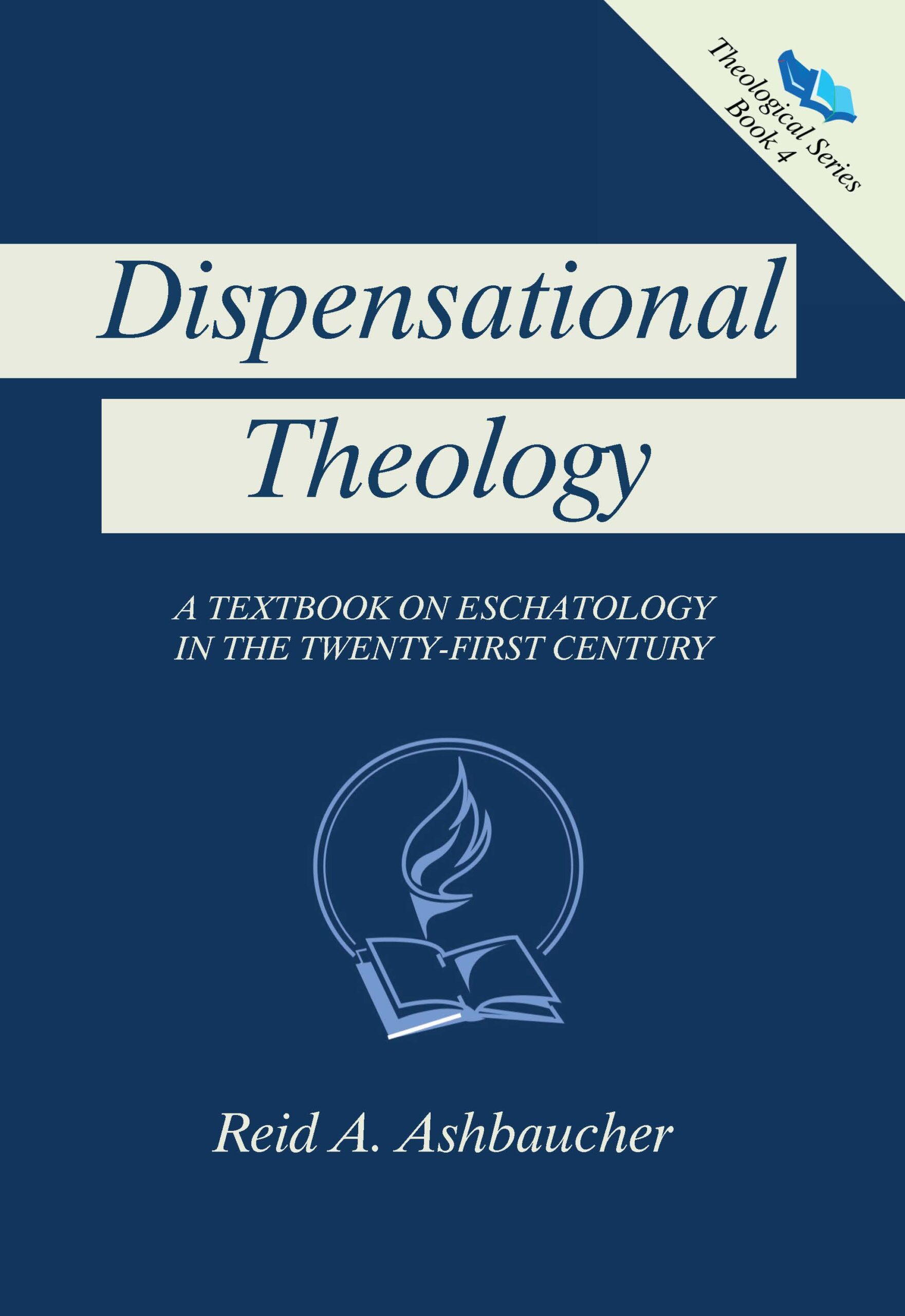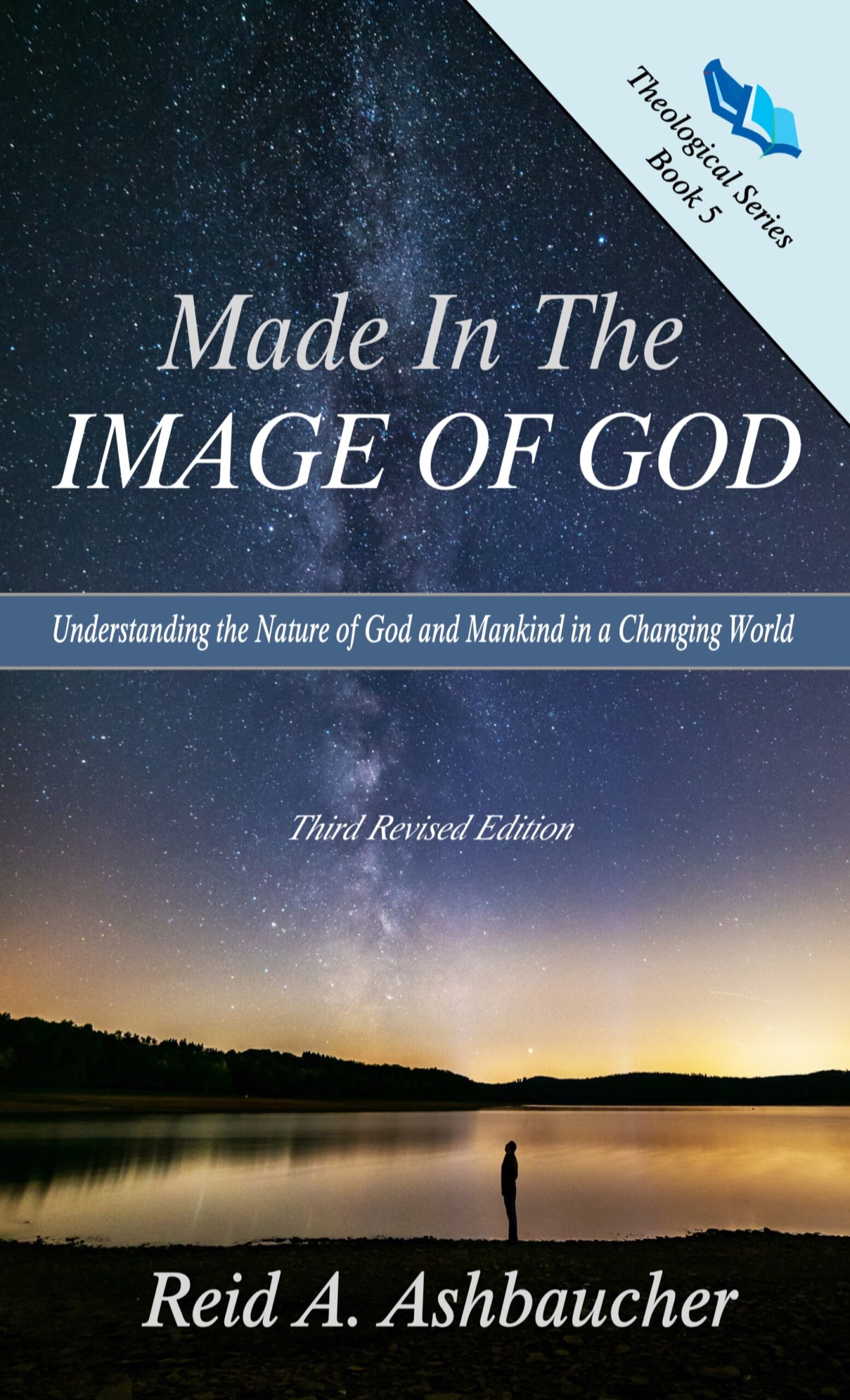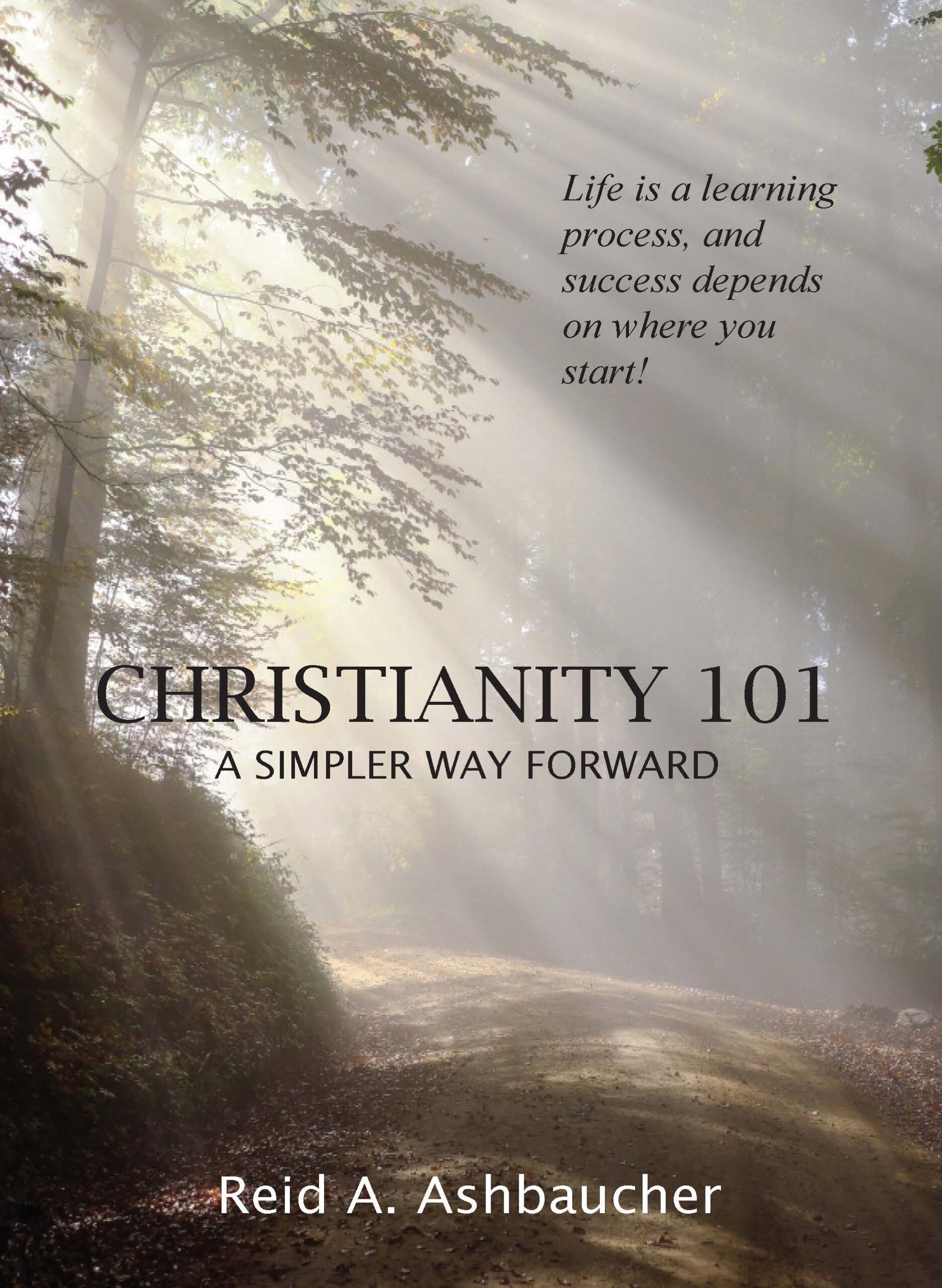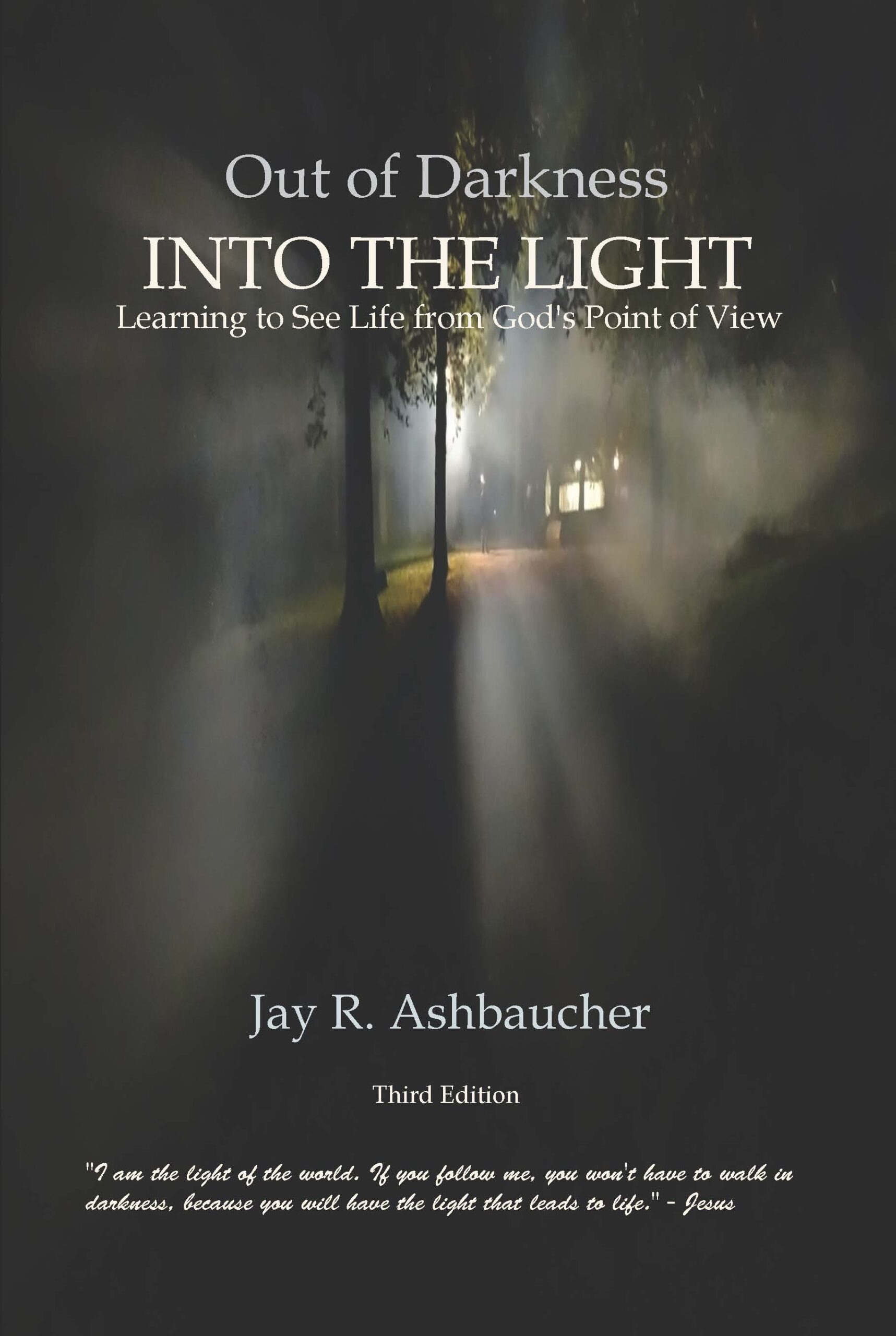Justification – The doctrineBible doctrine is any subject within the Bible that is taught as a principle, law or commandment. Some would hold that the wisdom advice given in the book of Psalms and Proverbs could be classified as doctrine as well, because of the many principle concepts that can be applied to everyday life. of Justification is based on two other biblical doctrines:
1.) The holiness of God. Found in the New TestamentThe New Testament is a collection of 27 books, all written in Greek within the first century A.D. Twenty three of these books were written by the Apostles of Jesus Christ, two were written by Dr. Luke a Christian medical doctor who traveled with the Apostle Paul, and two books were written by James ... More as (Hosios, NT: 3741; Strong’s number definition) meaning, “separated,” as illustrated in John 17:11: “And I am no more in the world; and yet they themselves are in the world, and I come to Thee. Holy Father, keep them in Thy name, the name which Thou hast given Me, that they may be one, even as We are.” (NASBNASB stands for "New American Standard" version of the Bible. The NASB was produced through the Lockman Foundation in 1960 and its translation is based on the Hebrew text and the Alexandrian Text type of the Greek New Testament, with NT copies dating as early as the second century A.D.) And (Hagios, NT: 40) meaning “religiously right,” as illustrated in Revelation 15:4: “Who will not fear, O Lord, and glorify Thy name? For Thou alone art holy; For all the nations will come and worship before Thee, For Thy righteous acts have been revealed.” (NASBNASB stands for "New American Standard" version of the Bible. The NASB was produced through the Lockman Foundation in 1960 and its translation is based on the Hebrew text and the Alexandrian Text type of the Greek New Testament, with NT copies dating as early as the second century A.D.) Also see Strong’s number definitions. What does God separate himself from? Sin and imperfections.
2.) The fall of man. Illustrated in Genesis Chapter 3, then amplified in Romans 5:18: “So then as through one transgression there resulted condemnation to all men, even so through one act of righteousness there resulted justification of life to all men.” (NASBNASB stands for "New American Standard" version of the Bible. The NASB was produced through the Lockman Foundation in 1960 and its translation is based on the Hebrew text and the Alexandrian Text type of the Greek New Testament, with NT copies dating as early as the second century A.D.)
When putting both doctrinal principles together we have sinful mankind separated from a Holy God, which then requires justification or the process of reconciliationReconciliation is a process to reconcile or to restore, or make a relationship whole again. Through Christ's life, sacrificial death on the Roman cross on mount Calvary and his resurrection from the dead, God provided a way to reconcile or restore the relationship between his creation and himself. [.... Romans 5:10-11 states: “For if while we were enemies, we were reconciled to God through the death of His Son, much more, having been reconciled, we shall be saved by His life. And not only this, but we also exult in God through our Lord Jesus ChristJesus Christ is the Son of the creator God, sharing in the same nature as God the Father and God the Holy Spirit. As Jesus says, "I and the Father are one." (John 10:30; NASB), through whom we have now received the reconciliationReconciliation is a process to reconcile or to restore, or make a relationship whole again. Through Christ's life, sacrificial death on the Roman cross on mount Calvary and his resurrection from the dead, God provided a way to reconcile or restore the relationship between his creation and himself. [....” (NASBNASB stands for "New American Standard" version of the Bible. The NASB was produced through the Lockman Foundation in 1960 and its translation is based on the Hebrew text and the Alexandrian Text type of the Greek New Testament, with NT copies dating as early as the second century A.D.)
What are the elements of justification or reconciliationReconciliation is a process to reconcile or to restore, or make a relationship whole again. Through Christ's life, sacrificial death on the Roman cross on mount Calvary and his resurrection from the dead, God provided a way to reconcile or restore the relationship between his creation and himself. [...?
A.) We are separated from God under the penalty of death as the Scripture states in Romans 6:23: “For the wages of sin is death, but the free gift of God is eternal life in Christ Jesus our Lord.” (NASBNASB stands for "New American Standard" version of the Bible. The NASB was produced through the Lockman Foundation in 1960 and its translation is based on the Hebrew text and the Alexandrian Text type of the Greek New Testament, with NT copies dating as early as the second century A.D.) The fall recorded in Genesis Chapter 3 resulted in the penalty of death. (See Genesis 2:16-17, Romans 3:9, Romans 5:12, James 1:15Then when lust has conceived, it gives birth to sin; and when sin is accomplished, it brings forth death. (NASB)).
B.) The payment for this penalty is a blood sacrifice from a perfect being. (See, 1 Peter 5:10, Hebrews 7:26, Hebrews 10:4.) The ScripturesThe Scriptures, as spoken of on this site, represents the 66 books found in the Protestant Bible, with 39 books in the Old Testament and 27 books found in the New Testament. It is our view that these books were written between 1446 BC and 96 AD, representing a time span of about 1,500 years, by the ... state in Hebrews 9:11-14: “But when Christ appeared as a high priest of the good things to come, He entered through the greater and more perfect tabernacle, not made with hands, that is to say, not of this creation; and not through the blood of goats and calves, but through His own blood, He entered the holy place once for all, having obtained eternal redemptionThe term is used in theology to explain the results of the death of Jesus Christ. Because of Christ's death and coming back to life again, humanity is offered redemption through faith in Jesus Christ. Redemption is the payment of ransom to God for the sins of humanity against God by Jesus Christ. It.... For if the blood of goats and bulls and the ashes of a heifer sprinkling those who have been defiled, sanctify for the cleansing of the flesh, how much more will the blood of Christ, who through the eternal Spirit offered Himself without blemish to God, cleanse your conscience from dead works to serve the living God?” (NASBNASB stands for "New American Standard" version of the Bible. The NASB was produced through the Lockman Foundation in 1960 and its translation is based on the Hebrew text and the Alexandrian Text type of the Greek New Testament, with NT copies dating as early as the second century A.D.)
C.) Man must exercise repentance toward God and faith toward Jesus the Christ. Jesus said in Luke 5:32: “I have not come to call the righteous but sinners to repentance.” (NASBNASB stands for "New American Standard" version of the Bible. The NASB was produced through the Lockman Foundation in 1960 and its translation is based on the Hebrew text and the Alexandrian Text type of the Greek New Testament, with NT copies dating as early as the second century A.D.) Dr. Luke writes in Acts 20:21: “… solemnly testifying to both Jews and Greeks of repentance toward God and faith in our Lord Jesus ChristJesus Christ is the Son of the creator God, sharing in the same nature as God the Father and God the Holy Spirit. As Jesus says, "I and the Father are one." (John 10:30; NASB).” (NASBNASB stands for "New American Standard" version of the Bible. The NASB was produced through the Lockman Foundation in 1960 and its translation is based on the Hebrew text and the Alexandrian Text type of the Greek New Testament, with NT copies dating as early as the second century A.D.) Also consider Ephesians 2:8-9: “For by grace you have been saved through faith; and that not of yourselves, it is the gift of God; not as a result of works, that no one should boast.” (NASBNASB stands for "New American Standard" version of the Bible. The NASB was produced through the Lockman Foundation in 1960 and its translation is based on the Hebrew text and the Alexandrian Text type of the Greek New Testament, with NT copies dating as early as the second century A.D.)
In Summary – Justification is the result of Christ sacrificing Himself on the Cross for man. Man is separated from a Holy God and is under the penalty of death, thus, payment is required for reconciliationReconciliation is a process to reconcile or to restore, or make a relationship whole again. Through Christ's life, sacrificial death on the Roman cross on mount Calvary and his resurrection from the dead, God provided a way to reconcile or restore the relationship between his creation and himself. [.... Upon this payment and the exercise of repentance and faith on man’s part, we are then considered, by God, to be justified or forgiven of our debt for sin and reconciled to God through the Lord Jesus ChristJesus Christ is the Son of the creator God, sharing in the same nature as God the Father and God the Holy Spirit. As Jesus says, "I and the Father are one." (John 10:30; NASB). The ScripturesThe Scriptures, as spoken of on this site, represents the 66 books found in the Protestant Bible, with 39 books in the Old Testament and 27 books found in the New Testament. It is our view that these books were written between 1446 BC and 96 AD, representing a time span of about 1,500 years, by the ... sums it up this way: Romans 8:32-36. “Who will bring a charge against God’s elect? God is the one who justifies; who is the one who condemns? Christ Jesus is He who died, yes, rather who was raised, who is at the right hand of God, who also intercedes for us. Who shall separate us from the love of Christ? Shall tribulation, or distress, or persecution, or famine, or nakedness, or peril, or sword? Just as it is written, For Thy sake we are being put to death all day long; We were considered as sheep to be slaughtered.” (NASBNASB stands for "New American Standard" version of the Bible. The NASB was produced through the Lockman Foundation in 1960 and its translation is based on the Hebrew text and the Alexandrian Text type of the Greek New Testament, with NT copies dating as early as the second century A.D.) As the ScripturesThe Scriptures, as spoken of on this site, represents the 66 books found in the Protestant Bible, with 39 books in the Old Testament and 27 books found in the New Testament. It is our view that these books were written between 1446 BC and 96 AD, representing a time span of about 1,500 years, by the ... state, God is the one who justifies through Christ and the result is no separation from our creator.


